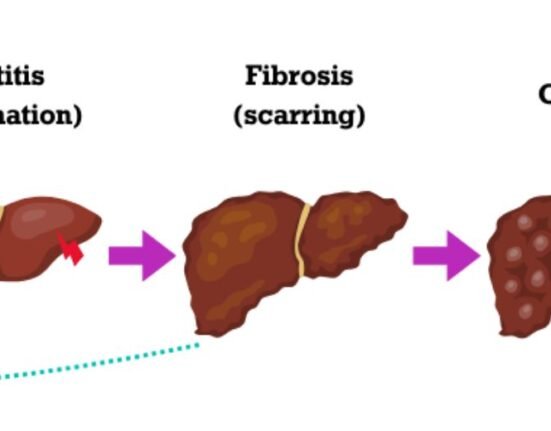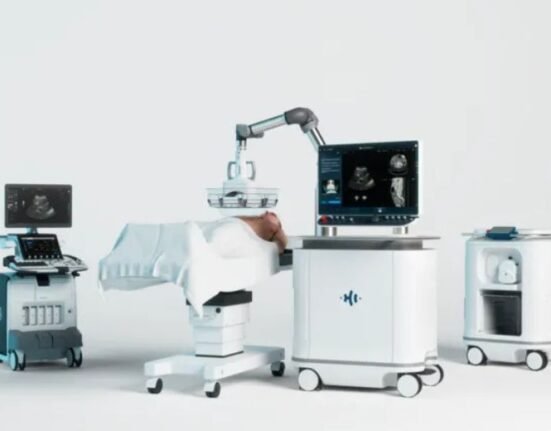HQ Team
June 22, 2024: The US Food and Drug Administration has greenlighted Bristol Myers Squibb’s combination therapy to treat metastatic colorectal cancer in patients with a mutated gene.
The approval was granted to adagrasib and cetuximab combination for adults with a mutated gene called KRAS G12C, and who have received prior treatment with chemotherapy, according to an FDA statement.
The early- mid-stage therapy known as Krazati is being developed by Mirati Therapeutics, which Bristol Myers bought in January for about $5.8 billion.
Ninety-four patients were enrolled in the trial. They were “confirmed overall response rate and duration of response” according to an assessment by blinded independent central review, the FDA stated.
Duration of response
In the 94 enrolled patients, the overall response rate was 34% and all responses were partial responses. The median duration of response was 5.8 months. Thirty-one per cent of responding patients had a duration of response or an extended life of at least 6 months.
Mirati’s application was granted priority review and breakthrough therapy designation. FDA expedited programs are described in the Guidance for Industry: Expedited Programs for Serious Conditions-Drugs and Biologics.
On June 21, 2024, the FDA granted accelerated approval to adagrasib, marketed as Krazati by Mirati Therapeutics, Inc.
Breakthrough Therapy Designation
In 2022, the FDA had granted breakthrough therapy designation for Krazati in combination with cetuximab for patients with KRAS-mutated advanced metastatic colorectal cancer and whose cancer has progressed following prior treatment with certain chemotherapy.
The metastatic colorectal cancer with a KRAS mutation occurs in approximately 3-4% of colorectal cancer patients.
The most common adverse reactions of the therapy — greater or equal to 20% — were rash, nausea, diarrhoea, vomiting, fatigue, musculoskeletal pain, hepatotoxicity, headache, dry skin, abdominal pain, anaemia, cough, dizziness, constipation, and peripheral neuropathy.
Gastrointestinal system
Colorectal cancer is cancer that develops in the colon or the rectum, which are part of the body’s digestive, or gastrointestinal, system.
CRC is the third most commonly diagnosed cancer in the world. In 2024, it is estimated that there will be approximately 106,590 new cases of the disease in the US.
It is the second leading cause of cancer-related deaths in the US among men and women combined. KRAS is the most frequently mutated oncogene in human cancer.








